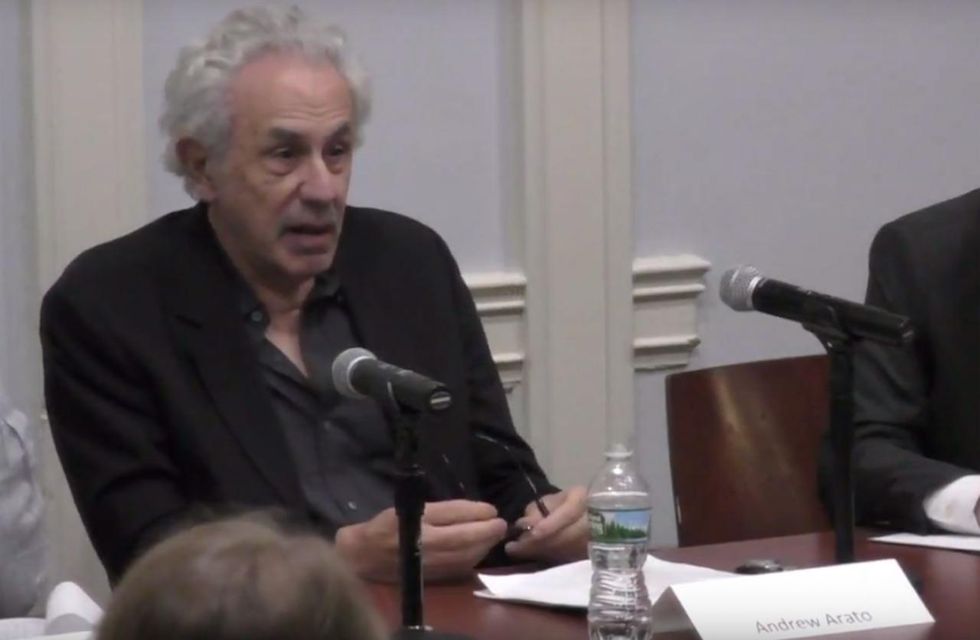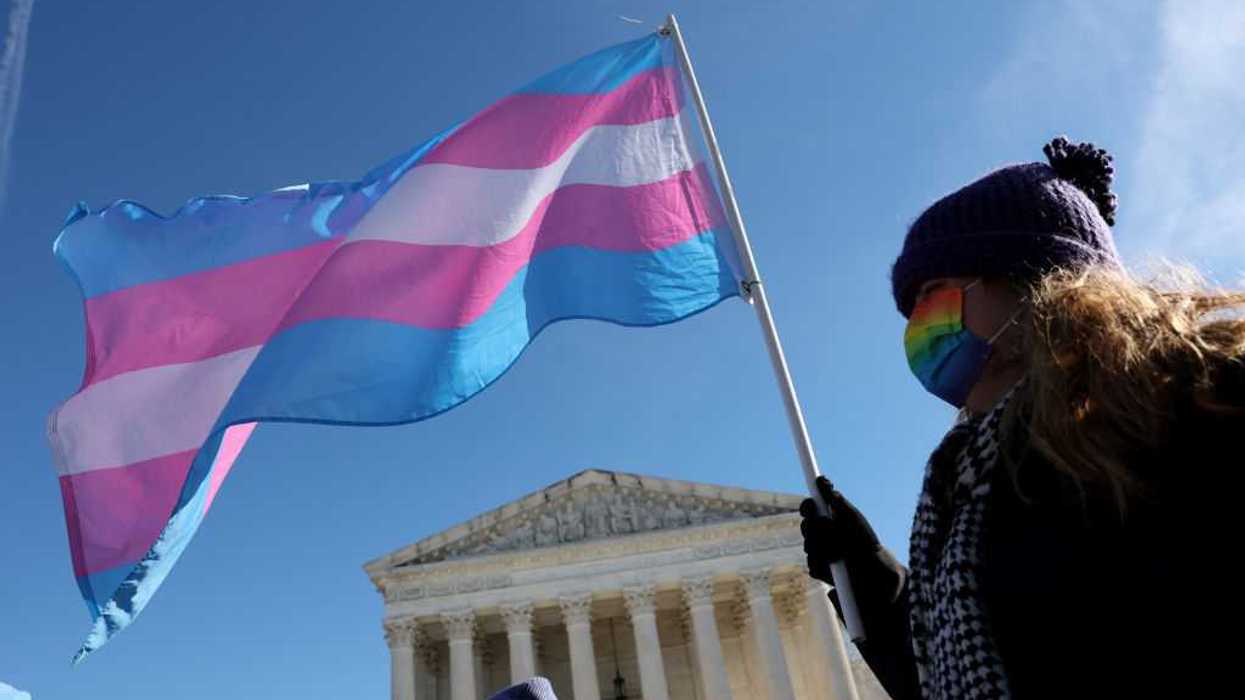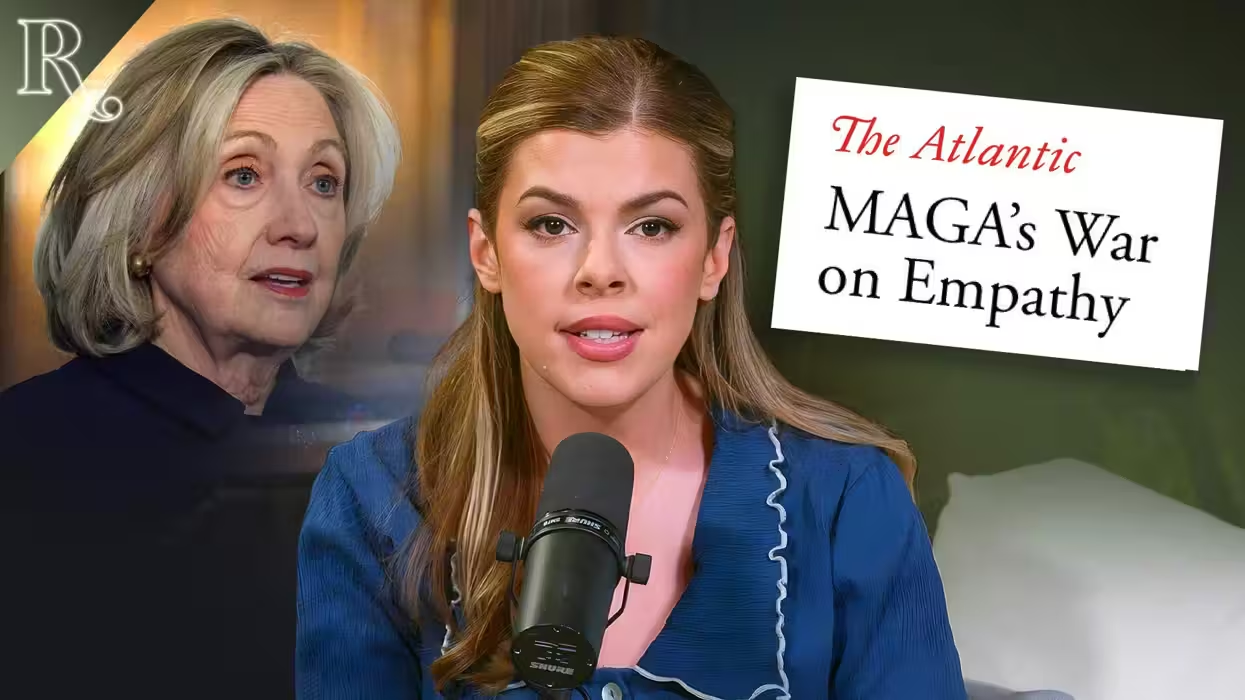A renowned professor at the New School for Social Research has been banned from the Manhattan campus unless he's teaching classes and cannot interact with faculty, administrators, or students in person or online outside teaching duties.
The reason? His "noncollegial ... bullying behavior," school officials said, according to the New School Free Press.
Amid such charges, the scholarly work of Andrew Arato — the school's Dorothy Hart Hirshon Professor of Political and Social Theory — is "widely recognized," according to his bio on the New School website.
What happened?
In April, Rhonnie Jaus — vice president of equal employment opportunity, affirmative action, and compliance who's in charge of the university’s Title IX policies — evaluated 20 accusations against Arato regarding his alleged “boorish,” “noncollegial,” “disruptive and hostile” behavior toward faculty members, the paper said, citing a piece by the Chronicle of Higher Education.
More from the Free Press:
Arato has been accused of insulting and disrespectful conduct in meetings, harassment of a colleague on the street, and an intervention into a separate Title IX case against a peer. Arato has denied the charges, which he described as “petty” to the Chronicle.
The internal investigation into the allegations lasted four months, and the claims do not involve any kind of sexual misconduct, according to emails seen by the Free Press sent to the NSSR students and faculty by Katherine Jackson, Arato’s lawyer, that were seen by the Free Press.
What was the verdict?
Deputy Provost Bryna Sanger emailed Arato on Aug. 24 saying he's “found responsible for ‘noncollegial, inappropriate and bullying behavior’ toward his colleagues,” the paper said, adding that Arato accepted an agreement “to avoid a drawn-out process that could end with suspension or even dismissal,” citing the Chronicle.
In addition to the aforementioned sanctions, Arato can't take on any new students, "may not attend any faculty meetings or any events attended by faculty and held on TNS premises, including public lectures, workshops, and conferences" — and must "participate in an anger-management program,” the Free Press reported, citing the email.
What did Arato have to say?
Arato called his punishment “humiliating” and said “not one student has complained about” him, the paper reported, citing the Chronicle.
 Image source: YouTube screenshot
Image source: YouTube screenshot
What did a fellow professor have to say?
New School philosophy and politics professor Nancy Fraser told the Chronicle that Arato is “‘brilliant’ and ‘very articulate’ but added that she ‘wouldn’t defend all of his behavior,’” the Free Press reported.
What about doctoral candidates Arato advises?
Bahareh Ebne Alian and Arya Vaghayenegar are sociology Ph.D candidates at the New School — and both said they came to the university because of Arato, who is their adviser, the paper said. The pair told the Free Press that they've seen Arato and other faculty members get angry in meetings — but haven't seen Arato behave that way toward students.
Ebne Alian added to the paper that Arato’s behavior “comes from care for students, not out of antipathy” while Vaghayenegar said he's “incredibly supportive and a great teacher.” Both told the Free Press that the punishments against Arato are harmful and unfair to students.
“The thing in my experience is that, yes, Andrew’s explosive. When something happens, he expresses his opinion with force and at times he gets insensitive, and I can understand if it can hurt people’s feelings,” Ebne Alian told the paper, adding that she's witnessed other faculty members behave in more severe ways.
How did some students and faculty react?
The Chronicle said a dozen colleagues “objected to the agreement he signed, which they contend was made under duress” in a letter to faculty sent last month, the Free Press reported. And more than 100 students and 24 faculty members on Sept. 11 anonymously published a public letter in support of Arato, saying they are “disturbed by the secretive and discretionary manner in which these sanctions were decided” and demanding their removal, the paper added.
What did the New School have to say?
“The New School is proud to be a place of impassioned debate, sophisticated academic inquiry and diverse, sometimes difficult discussions," Amy Malsin, the New School’s senior communications director, wrote in a statement, the Free Press said. "While we can’t comment on confidential personnel matters, regardless of the instance or the issue, the university does not tolerate unprofessional conduct, including demeaning, intimidating or disrespectful behavior that unreasonably interferes with the ability of a member of the university community to participate in educational or employment activities.”
Arato debated Christopher Hitchens years ago over the merits of the Iraq War. The exchange in this clip gets a tad testy — not just between Arato and Hitchens, but between Hitchens and a few audience members. Check it out:

 Image source: YouTube screenshot
Image source: YouTube screenshot






